Minister of European Investments and Projects, Dragos Pislaru on Wednesday said that he will suggest to the ruling coalition that Romania start programming for the 2028-2034 plan in the first quarter of 2026.
"The interesting part is that 2028-2034 is coming. For 2028-2034, negotiations already exist on budgets. And there is a very big opportunity, in the sense that, traditionally, Romania did the following thing. One, wait for the negotiations to end in Brussels. Negotiations in Brussels will not end earlier than December 2027, because the positions of the European Parliament and the Council are very far apart. And if Romania waits until December 2027, after which it will do its planning, one, it will not catch the deadline of February 2028, which is the deadline to catch the first pre-financing, in June 2028. So, basically, we are missing the year. And the second thing that is even more important: what year is 2028? Election year. Good luck to those who want to plan in an election year. And then, what I suggest to the coalition and I suggest to you, as a part of the community crucial for this planning, is to start programming for the 2028-2034 plan in the first quarter of 2026. I mean, exactly what we needed to understand, well, we tighten the belt, but why. What is the purpose? And you'll say, okay, but how does the planning start? Some elements are, we know that we have component one with EUR 60 billion allocated, component two with competitiveness funds, from which, Romania should massively enter the area of financial instruments and I am already targeting an allocation of about EUR 10 billion on financial instruments for 2028-2034," Pislaru told the sixth edition of the Banking Forum event.
He said that there will be a paradigm shift in the sense that he no longer wants small and medium-sized enterprises that have expansion projects to come to the ministry and business plans to be evaluated by public officials, but he wants everything to go to financial-banking establishments.
"We already have EUR 1.18 billion in financial instruments for cohesion and EUR 1.25 billion for the National Recovery and Resilience Plan (PNRR). So EUR 2.4 billion are currently financial instruments, of all kinds. We have a potpourri of tests and pilots that we do for small amounts, and I think there is a good part, and that is that we can pilot, test and it is just good that we see what works. And here is your role, the partnership we have, the new the new kid in town, the IDB, the Investment and Development Bank, these are some crucial things that we will have in the ecosystem. And this part, of EUR 10 billion, financial instruments, is part of the bet. And then he says, well, so what do we share? 60 billion with another 10? Agriculture wants to take 20 from there, the regions will also want a part, it's difficult to share. And then there is the great paradigm shift that I suggest, namely to stop programming European money separated from national money. That seems crucial to me."
According to the minister, for seven years, 2028-2034, Romania can afford an average investment of EUR 10 billion.
"This means EUR 70 billion European money, EUR 70 billion national money. And then you have a budget of 140 billion. Out of 140 billion, they take out not 20, as much as agriculture wants, 25 billion - agriculture - rural development, a larger budget than they had so far. They give to the development regions, so in the area of subsidiarity, not 1-2 billion as they have now, but 5 billion, 5 or 8, 40 billion, they also put these aside. So 40 by 25, 65 that I put aside and then you will still have EUR 75 billion for the great challenges of Romanian society. Demography, human capital, competitiveness area, the competitiveness profile we want. To program 60 billion only, as is the usual thesis now, of which agriculture wants 20 anyway, so only 40 billion, we would inherently end up with a classic Christmas tree from which everyone wants a piece, and nothing is left of it. And then, what I suggest is that when we come of age from joining the European Union, we can have a perspective in which we couple national and European resources for the first time. That means, perhaps, joint audit and traceability systems, joint evaluation systems. It makes no sense that from now on national money and European money should be treated differently. National money, usually, is more than European money even. And I think this is exactly the moment of inflection," said Pislaru.

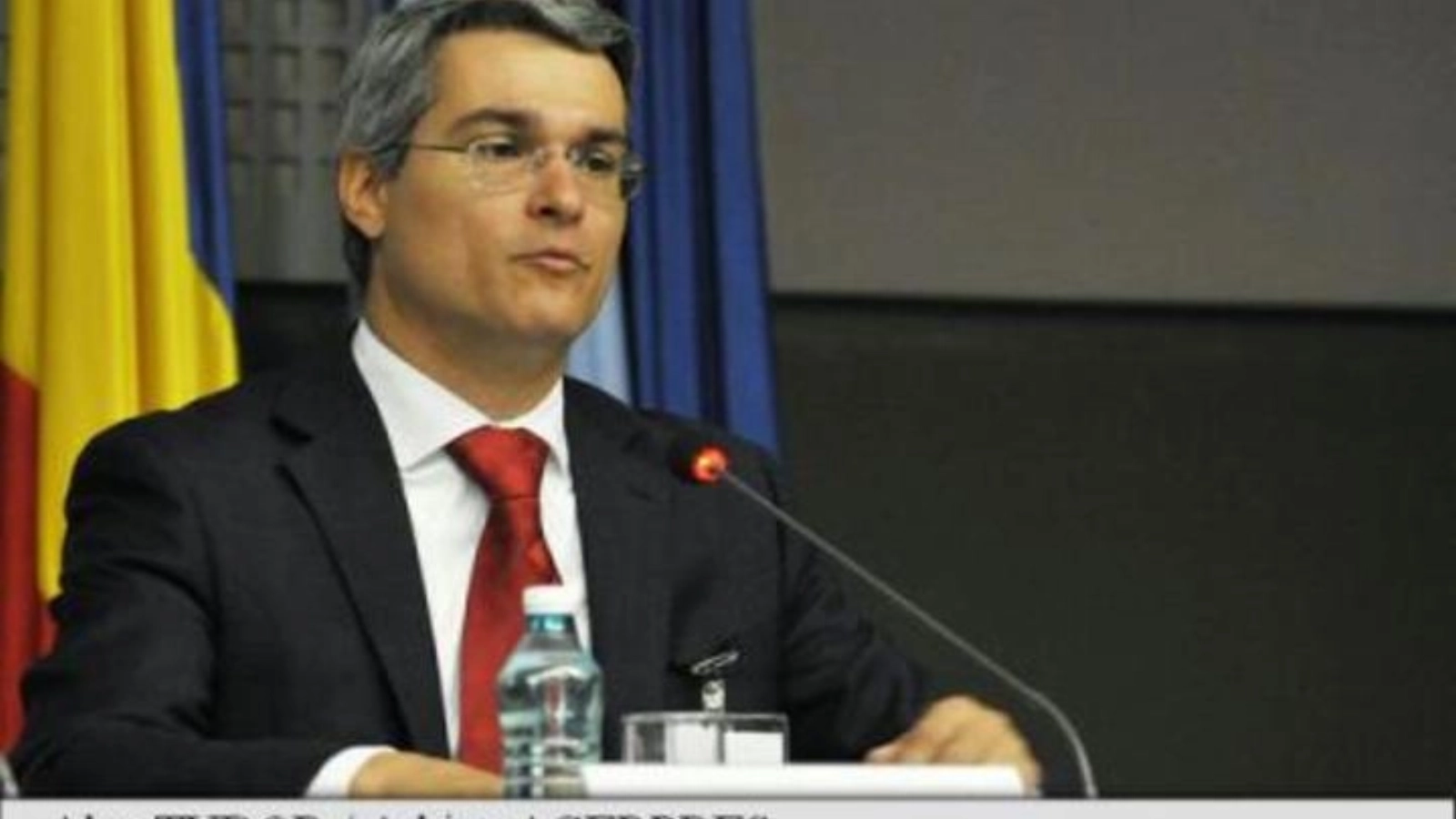

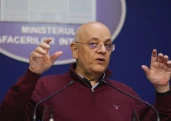
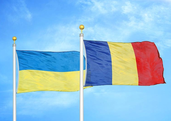

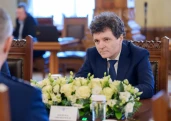
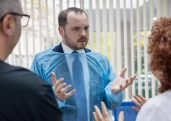


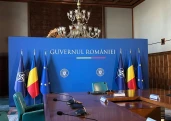
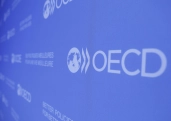
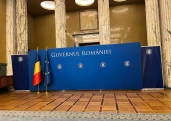
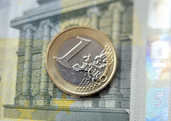
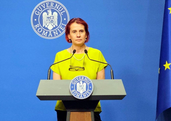






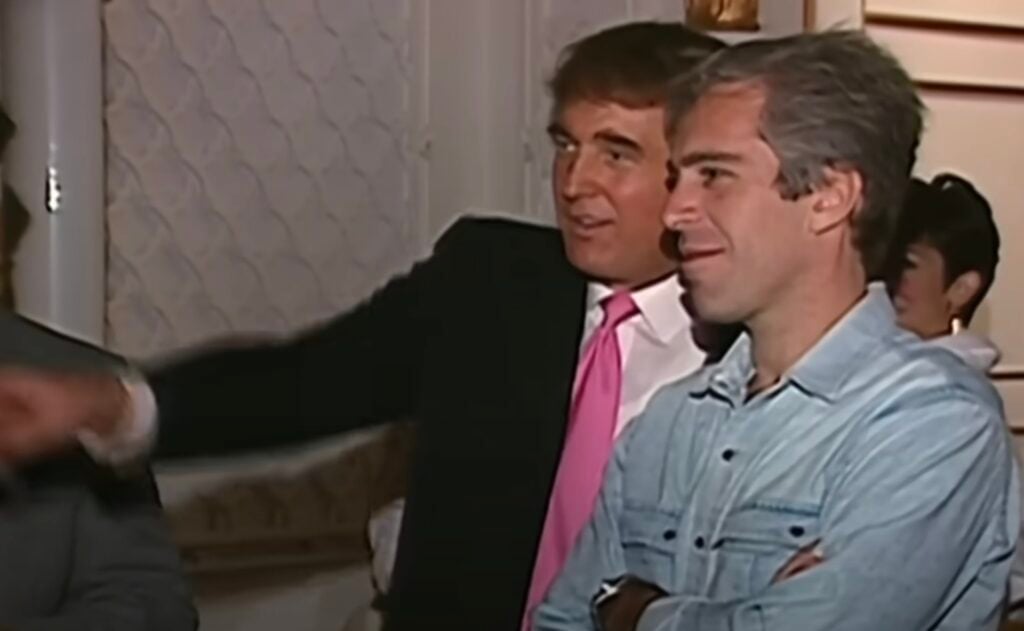
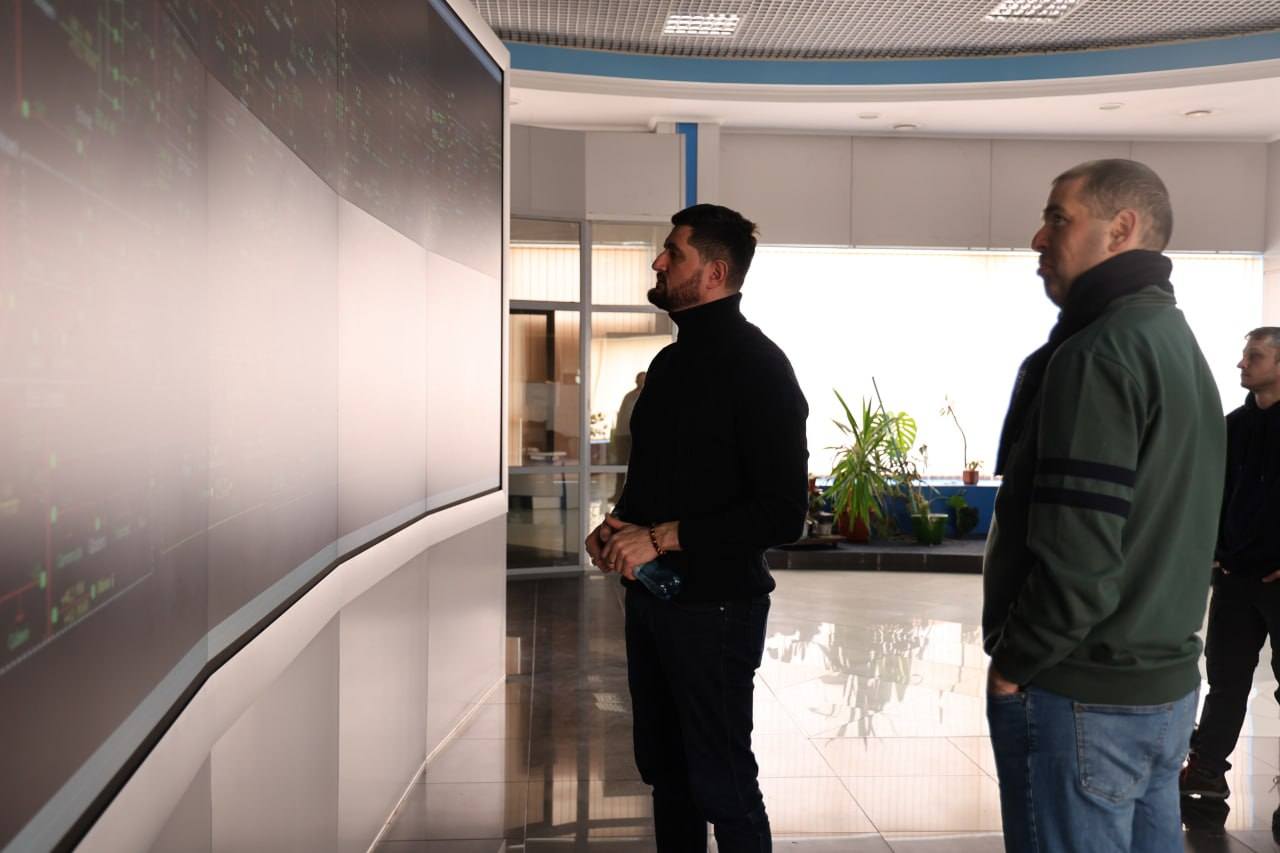









Comentează